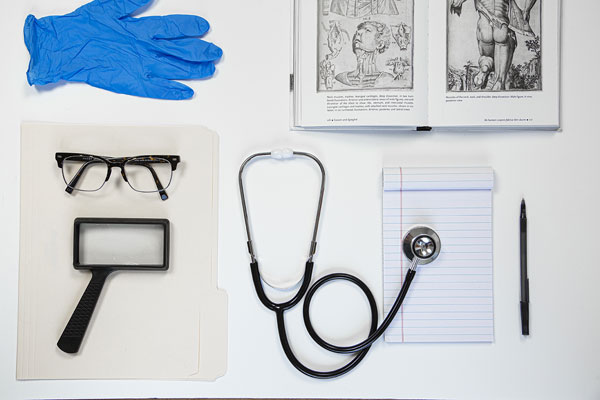Routine screenings for cancer give medical professionals the best chance to spot and treat cancer at its earliest stages. The decision to undergo any medical procedure, including examinations, should be made after discussing all viable options with your doctor. To help you make the most informed decision you can, we will be breaking down some frequently asked prostate exam questions. You will be better prepared the next time you find yourself in your doctor’s office.
When is the right time to get a prostate exam?
Screening for prostate cancer varies by age and specific risk factors. For men not experiencing any prostate-related symptoms, the recommended age for a prostate exam is in their 50s. There are some genetic factors that may warrant screening for men in their 40s. Screening is also not recommended for older men in their 70s.
Who has a higher than average prostate cancer risk?
African American men are at a higher risk for prostate cancer, as are those with first-degree relatives (father, brothers, sons) who have been previously diagnosed. Your doctor may recommend screening as early as 40 and 45 if you present significant predispositions to prostate cancer.
What to expect during a prostate exam
There are two major types of prostate cancer screenings. The first is the most commonly known and perhaps the most dreaded (despite it lasting only a few minutes). The digital rectal exam, or the DRE, consists of a doctor feeling for any abnormality like swelling or bumps in the rectum with a gloved finger.
The second is a blood exam called the PSA test, the leading method of prostate cancer screening. Prostate specific antigen is a protein the prostate produces in semen. Only very small traces of PSA are found in the bloodstream. When an issue with the prostate arises, like prostate cancer, it causes the elevation of PSA in the blood. With a simple blood test, doctors are able to assess the levels of PSA and whether additional testing or a prostate biopsy is required.
If your doctor does order a biopsy, this will involve taking a small prostate tissue sample utilizing a needle. The sample will then be analyzed for cancerous cells.

How often should you get a prostate exam?
The prostate exam frequency is dependent on an individual’s potential risk factors and symptoms. Prostate cancer is very slow growing in many cases so you may not wish to move forward with treatment. Your doctor will give you the best information for you.
Why is there a debate regarding prostate examinations?
There is some back and forth regarding the frequency and methods of exams when it comes to screening for prostate cancer. Some medical professionals argue against annual screening because, in many instances, prostate cancer is very slow growing. Prostate cancer treatment can also have considerable side effects affecting bowel, urinary or sex functions.
Screening for prostate cancer is complex and dependent on your risk factors, family history, health and life expectancy. We encourage you to discuss at length with your doctor your personal risks if you are a healthy man with no symptoms. Your doctor may recommend screening if you are demonstrating prostate cancer warning signs. Take control over your health and make the most informed decision for you.







